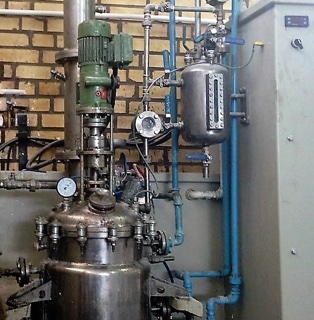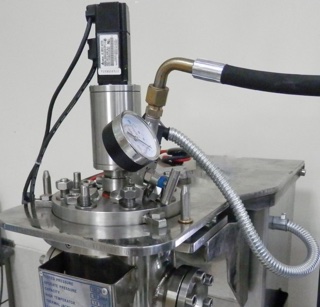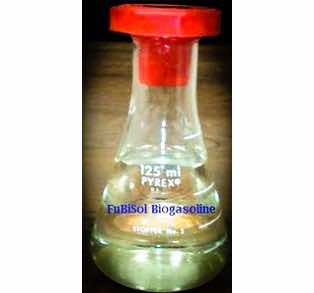FuBiSol GX-Solvent
Transesterification is widely in biorefineries to produce FAMEs as Biodiesel. Glycerol is the main byproduct. Although there is a wide range of potential uses for crude glycerol, they are limited by its degree of purity, which affects its physical, chemical and biological properties. Increases in biodiesel production have led to a surplus of crude glycerol, which represents a major bottleneck in the biodiesel production value chain and has created new challenges to its sustainable use.
One of our leading products is a green alternative solvent applicable in the Chemical, Paint & Coating and Oil & Gas industries. FuBiSol GX-Process is a proprietary Chemical Catalytic Technology for profitable conversion of biorefinery’s crude glycerol to sustainable biosolvents and to decrease the negative environmental impacts of the byproduct along with remarkable decrease in VOCs and GHG emissions.
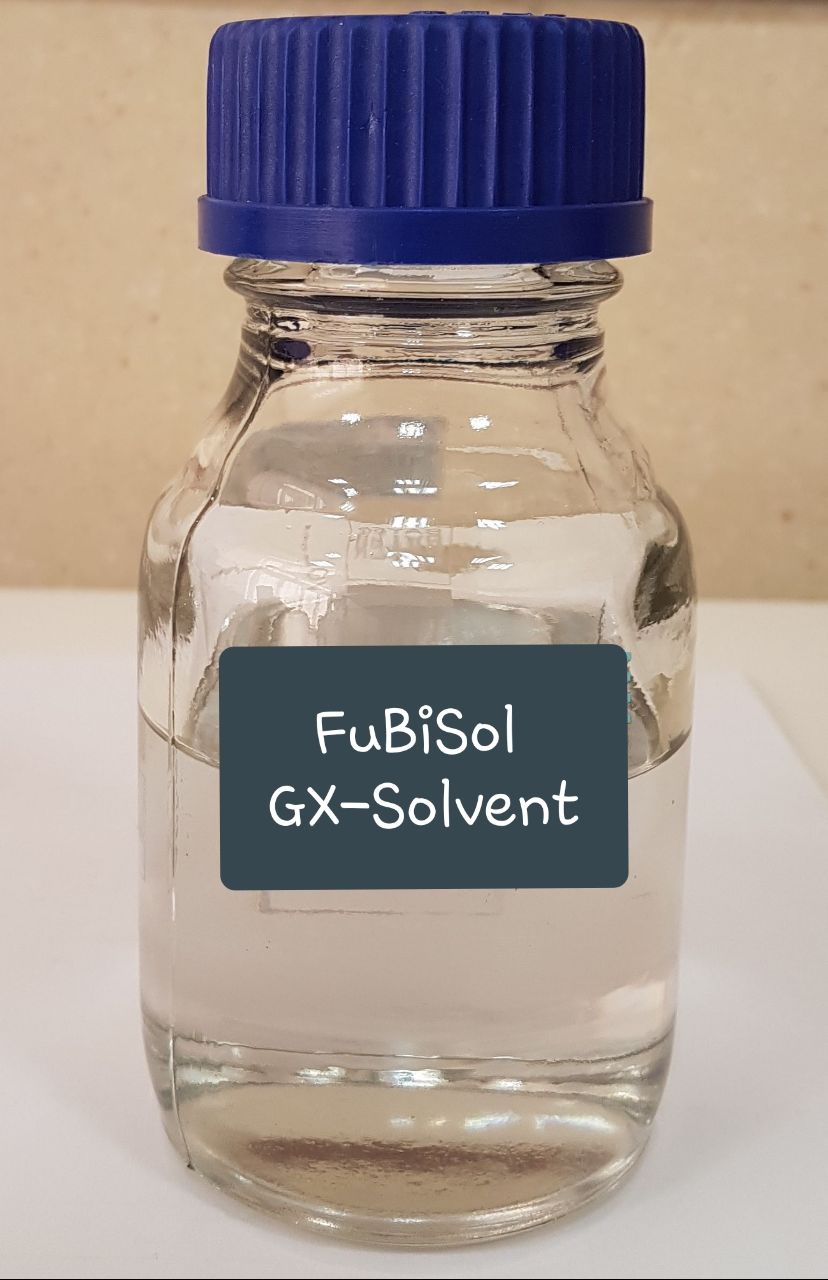
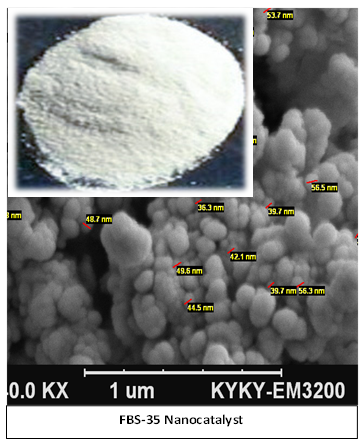
Technology Development for Clean Production of Renewable Bioproducts and Liquid Biofuels
In phase 1, a mid-size modular processor with a capacity of 2 ton/day is considered to manufacture as a demonstration plant. As the system is modular it can be made based on the customer's needs, application and budget. We believe both the technology and skid-mounted processors have great market potential in North America, Europe and South-East Asia. Theses liquid biofuels can use in transportation industry (road, rail, marine,...), power generation (biopower), heat and power generation for off-grid and remote regions.
Highlights of the Technologies
- Patented technologies to produce sustainable biofuels, proven through operations at pilot scale, virtually eliminates the treatment of any waste.
- Multi-feedstock flexible technology converts most of the waste feedstocks and changes the unavailability/price susceptibility of the raw material(plant oil) to a sustainable cheap source.
- Sulphur and aromatic free fuels
- Green and Clean Technology applicable at ambient conditions
- High yield and no loss of feedstock, minimum waste and byproducts

